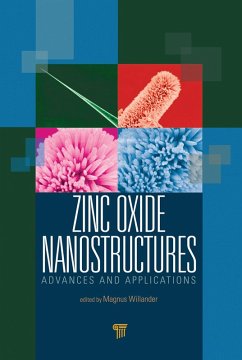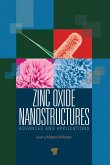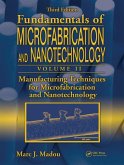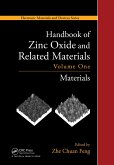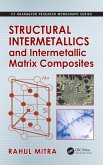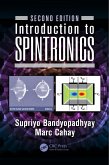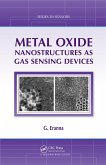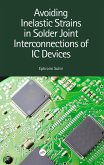This book deals with one of the most hot nanomaterials today, namely zinc oxide (ZnO) nanomaterials applied to the above areas. In the book are described different methods to grow ZnO nanostructures. Their optical and piezoelectrical properties are described as well as photo-toxicity. Applications to LEDs, lasers, power generators and chemical sensors are discussed. Finally the growth on flexible substrates , particularly ZnO nanostructures and devices on paper substrates are described.
Dieser Download kann aus rechtlichen Gründen nur mit Rechnungsadresse in A, B, BG, CY, CZ, D, DK, EW, E, FIN, F, GR, HR, H, IRL, I, LT, L, LR, M, NL, PL, P, R, S, SLO, SK ausgeliefert werden.

